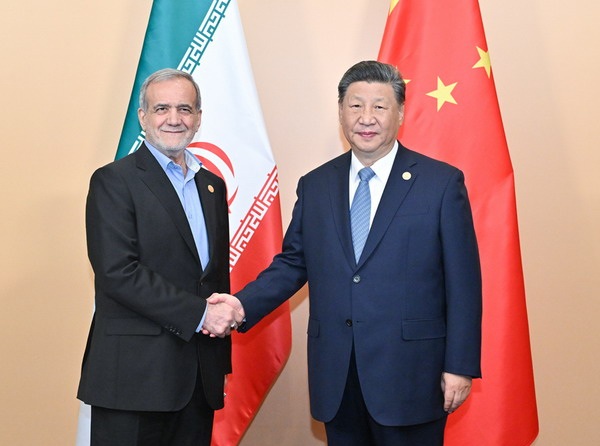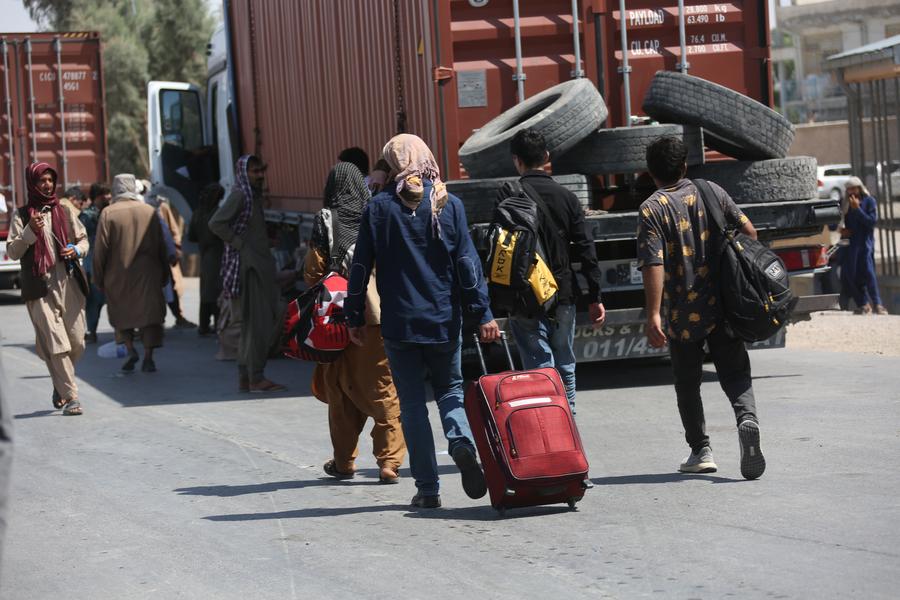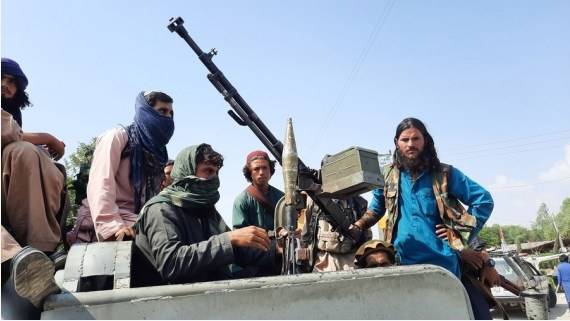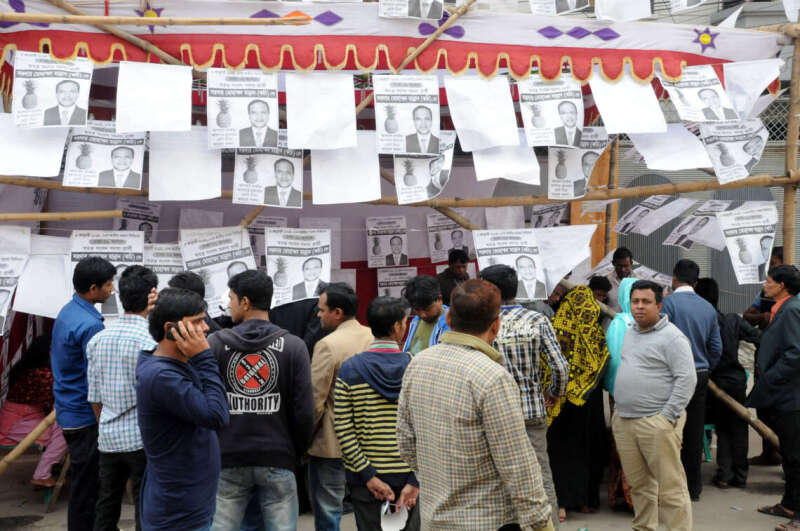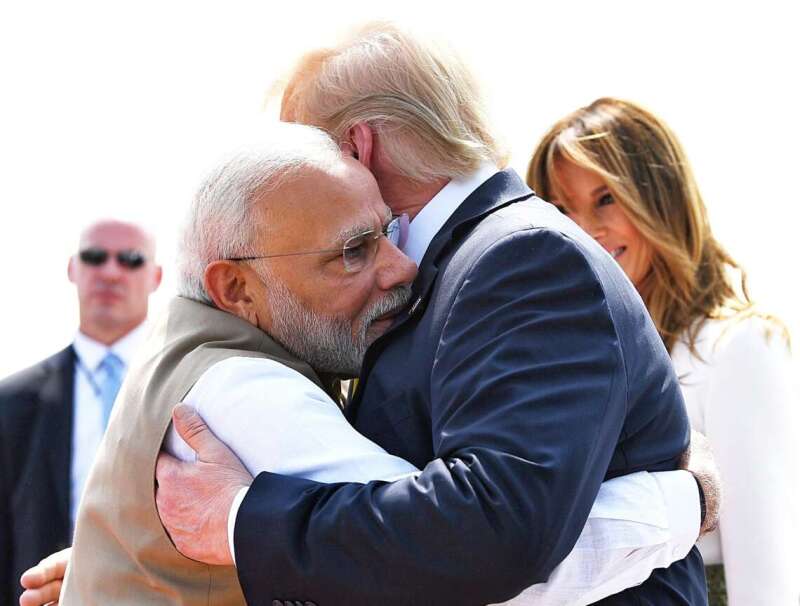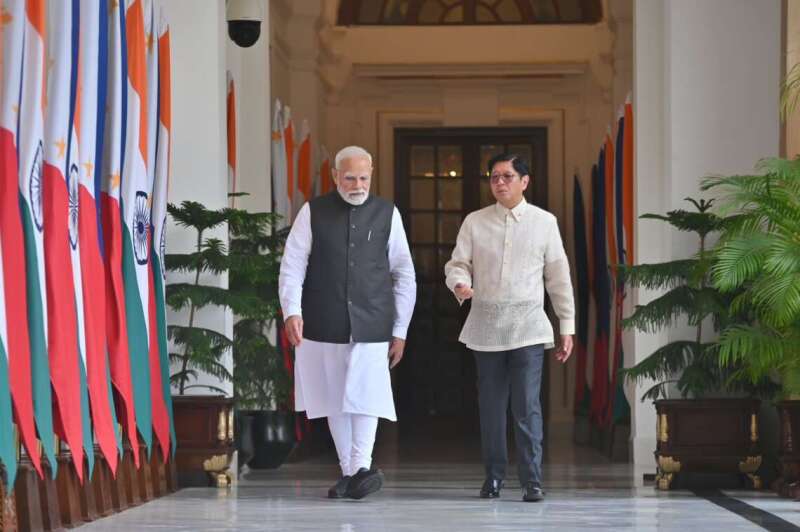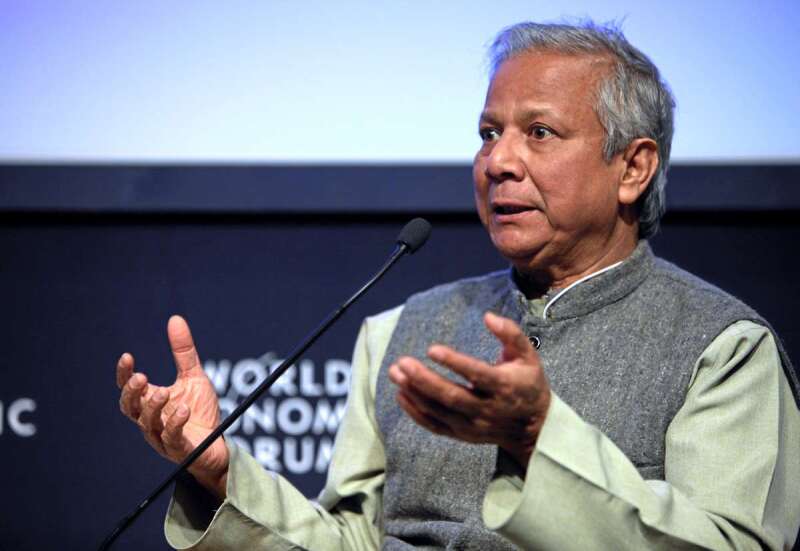Afghanistan for long has always refused to recognize the Durand Line as an international border. Pakistan views this refusal as clear evidence of Kabul’s revisionist tendencies….reports Asian Lite News
The Pakistani state may want to rework its foreign policy regarding extending support to the Taliban and its formal relations with Afghanistan amid the Durand Line dispute.
The Durand Line divides the traditional Pashtun homelands in Afghanistan and Pakistan. The border was mainly porous until recently fenced and heavily guarded due to the tribal, linguistic, social, and economic ties, reported Pajhwok Afghan News.
Afghanistan for long has always refused to recognize the Durand Line as an international border. Pakistan views this refusal as clear evidence of Kabul’s revisionist tendencies.
Durand is currently a disputed boundary for several reasons. Pashtuns on both sides believe that they have been indiscriminately divided and separated from their family and land on either side, reported Pajhwok Afghan News.
The Pashtun leaders of Afghanistan’s civilian government like Hamid Karzai and Ashraf Ghani claimed that the Durand Accord was signed with the British Colonial administration, and it ceased to stand valid with the end of British rule; hence, Pakistan cannot lay any legal claims on it.
Therefore, to gain better leverage in the internal politics of Afghanistan and have a government that would recognize the Durand Line, the Pakistani generals strategized their support for the Islamist Taliban, who are ethnically Pashtun but not ethnic nationalists, reported Pajhwok Afghan News.
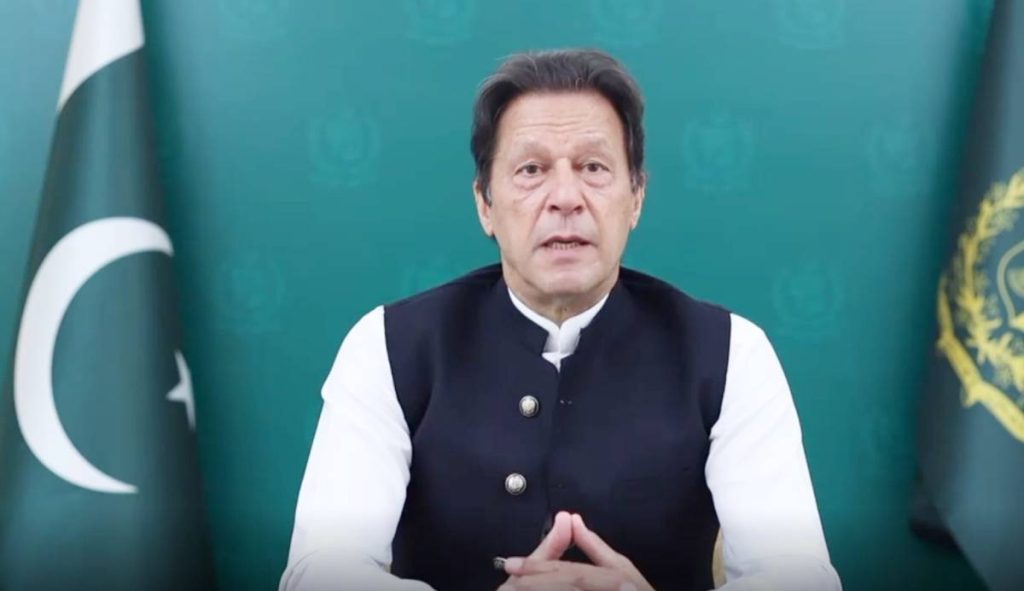
Though there is a movement for integration with Afghanistan (their historical homeland) by the Pashtun people in Pakistan, this movement is being crushed by force.
Pashtun Tahafuz (Protection) Movement (PTM) is a non-violent group that campaigns against human rights abuses by Pakistan’s army against the Pashtuns. These human rights excesses against Pashtun civilians during its counterterrorism operations against the Pakistani Taliban included enforced disappearances and extrajudicial killings.
Tehrik-e-Taliban Pakistan (TTP) is an association of Jihadi and sectarian groups to overthrow the Pakistani State. It also loosely supports the Afghan Taliban militarily inside Afghanistan against Afghan Forces.
One of the recent major attacks orchestrated by TTP was the July 2021 bomb attack that killed at least thirteen people, including nine Chinese nationals working on a hydropower project under the multi-billion-dollar rubric of the Chinese investment through the China-Pakistan Economic Corridor. Hence apart from targeting the Pakistani military, TTP is also eyeing Chinese investments in Pakistan.
Afghan Taliban, a majority of this outfit comprises Pashtuns. They fought the elected Afghan government. But still, raise voices against the recent fencing of the Durand Line by the Pakistani state, reported Pajhwok Afghan News.
Moreover, the Pakistani military sees the US exit as an opportunity to suppress the resurgent Pashtun nationalism. Such nationalism is represented by both the popular non-violent PTM and the violent TTP.
Hence, with Chinese pressure on Pakistan about the safety of their people and investments, the Pakistani state might continue their support to the Afghan Taliban, while the Pakistani military might expect the Afghan Taliban to rein in TTP in lieu of their support. However, there is little evidence to suggest that the Afghan Taliban is in any disposition to oblige, reported Pajhwok Afghan News.
Faran Jeffery, an OSINT expert and deputy director of Islamic Theology of Counter-Terrorism (ICT), opines, “The Taliban didn’t act against TTP even when they were a lot dependent on Pakistan. Now Pakistan’s leverage on them is in decline. I don’t think the Taliban will act against TTP. If things get bad, they might ask TTP not to carry out ops from Afghan soil, but that’s about it.”
In a more likely turn of events, if the Afghan Taliban successfully stabilizes its control in Afghanistan, a civil war seeking self-determination for Pashunistan will be inevitable in the future. (ANI)



